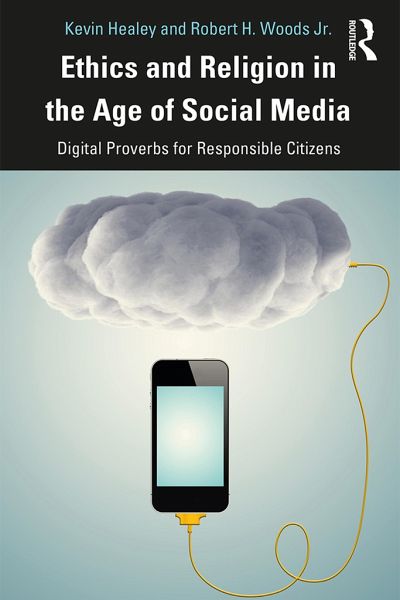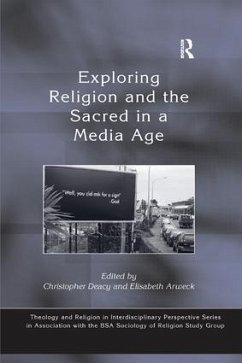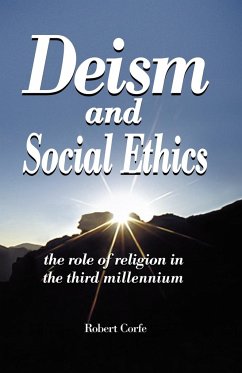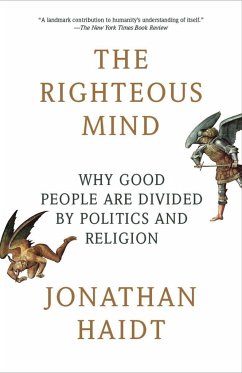
Ethics and Religion in the Age of Social Media
Digital Proverbs for Responsible Citizens
Versandkostenfrei!
Versandfertig in 1-2 Wochen
51,99 €
inkl. MwSt.
Weitere Ausgaben:

PAYBACK Punkte
26 °P sammeln!
Arguing that popular digital platforms promote misguided assumptions about ethics and technology, this book lays out a new perspective on the relation between technological capacities and human virtue. The authors criticize the "digital catechism" of technological idolatry arising from the insular, elite culture of Silicon Valley. In order to develop digital platforms that promote human freedom and socio-economic equality, they outline a set of five "proverbs" for living responsibly in the digital world: (1) information is not wisdom; (2) transparency is not authenticity; (3) convergence is no...
Arguing that popular digital platforms promote misguided assumptions about ethics and technology, this book lays out a new perspective on the relation between technological capacities and human virtue. The authors criticize the "digital catechism" of technological idolatry arising from the insular, elite culture of Silicon Valley. In order to develop digital platforms that promote human freedom and socio-economic equality, they outline a set of five "proverbs" for living responsibly in the digital world: (1) information is not wisdom; (2) transparency is not authenticity; (3) convergence is not integrity; (4) processing is not judgment; and (5) storage is not memory. Each chapter ends with a simple exercise to help users break through the habitual modes of thinking that our favorite digital applications promote. Drawing from technical and policy experts, it offers corrective strategies to address the structural and ideological biases of current platform architectures, algorithms, user policies, and advertising models. This book will appeal to scholars and graduate and advanced undergraduate students investigating the intersections of media, religion, and ethics, as well as journalists and professionals in the digital and technological space.














